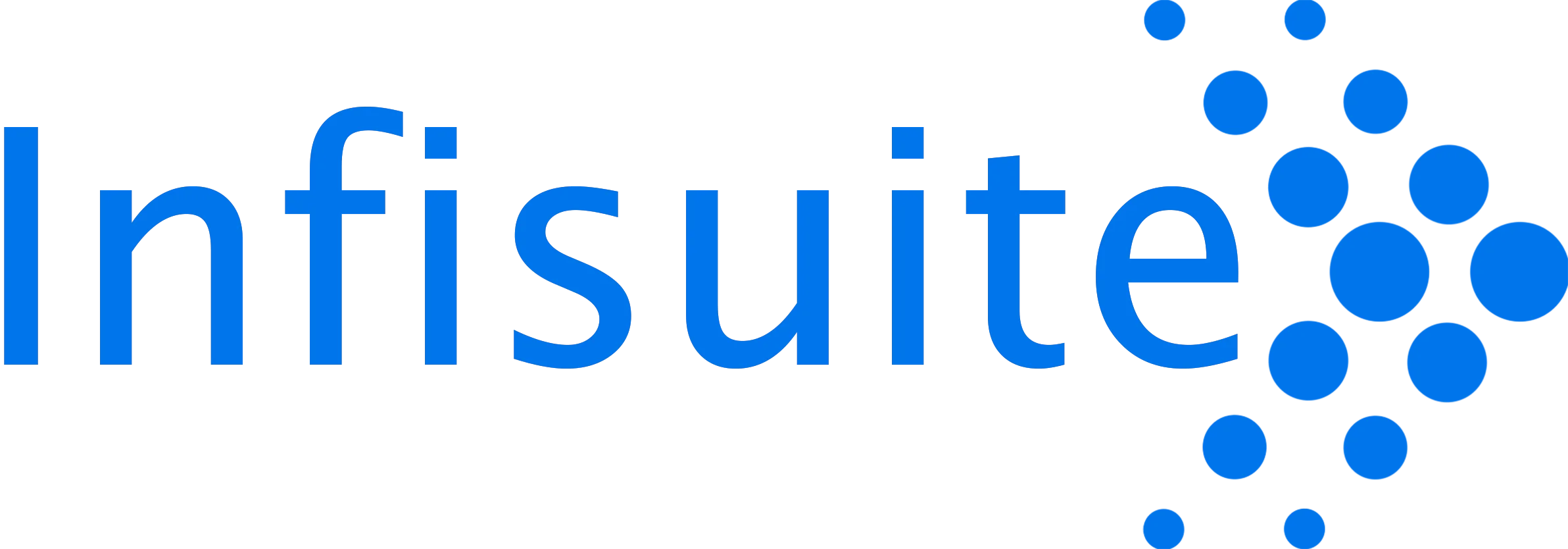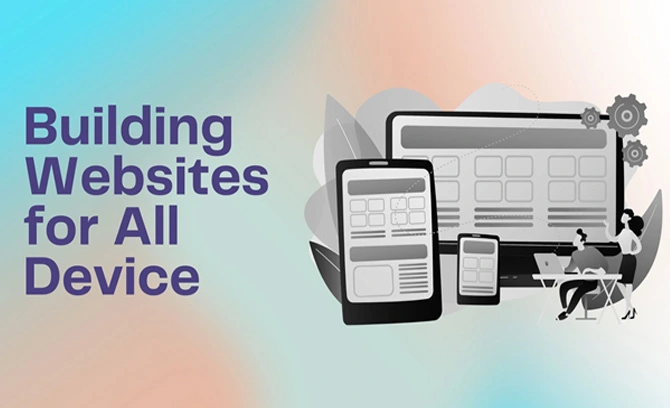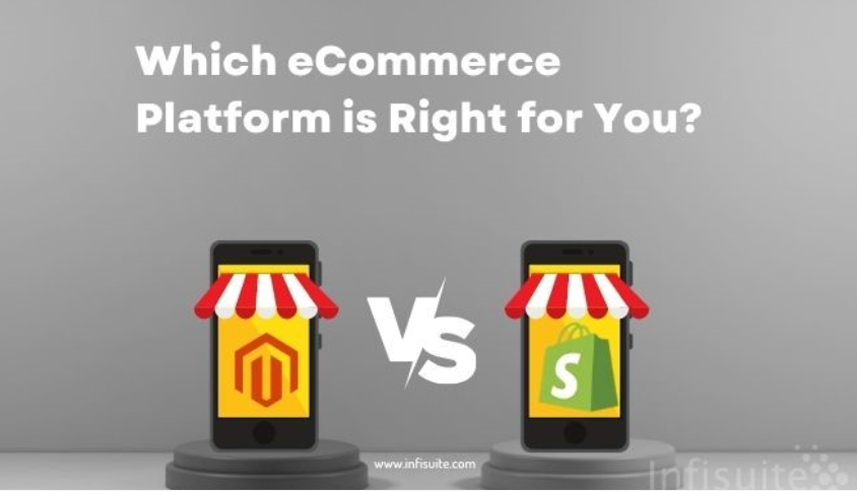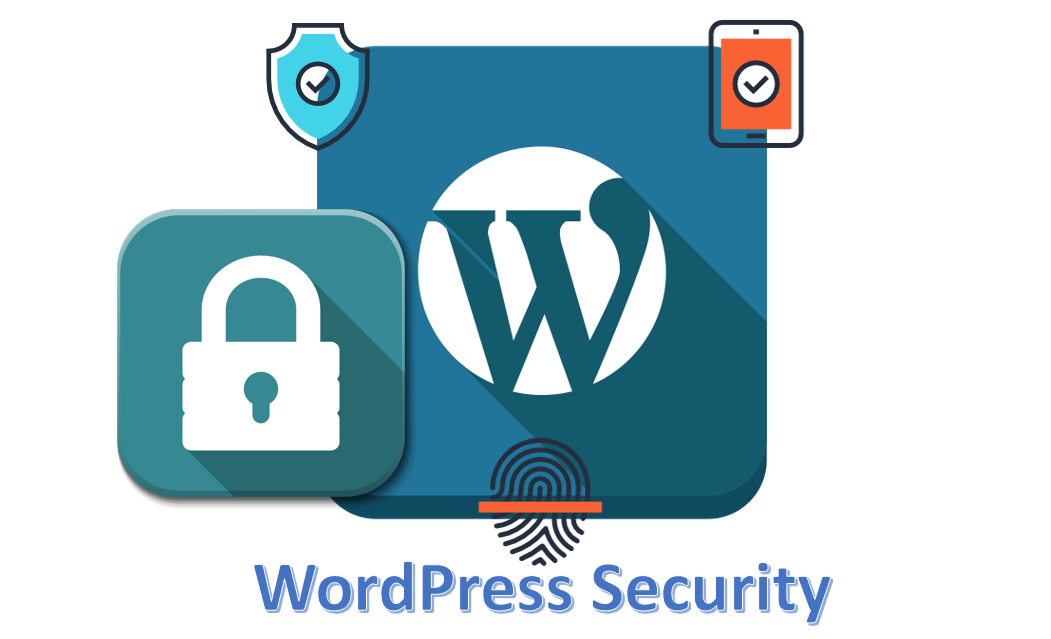Introduction
Cloud and edge computing are two pillars of modern technology that are rapidly reshaping industries and revolutionizing the way we process, store, and analyze data. These technologies are not competing forces; instead, they work together in a symbiotic relationship, addressing different aspects of the computing spectrum.
In this blog, we will explore the intricacies of cloud and edge computing, their unique roles, and how they collaborate to deliver efficient, responsive, and scalable solutions for businesses across various sectors.
The Cloud: Where Data Takes Flight
The cloud, often regarded as the backbone of modern computing, offers unparalleled storage and computational capabilities. It provides a vast pool of resources, accessible over the internet, making it possible for businesses to store and process vast amounts of data without having to invest heavily in physical infrastructure.
- Scalability: One of the key advantages of cloud computing is its scalability. Companies can easily scale their resources up or down based on their needs, which is particularly valuable for businesses with fluctuating workloads.
- Cost Efficiency: Cloud computing eliminates the need for significant upfront capital investments in hardware and data centers. Instead, organizations pay for the resources they use, reducing operational costs.
- Global Accessibility: Cloud services can be accessed from anywhere with an internet connection, enabling remote work, collaboration, and global market reach.
- Data Centralization: Cloud storage centralizes data, making it easily accessible to authorized users across the organization. This facilitates collaboration and data-driven decision-making.
The Edge: Bringing Computation Close to the Action
While the cloud offers vast storage and computational power, it cannot address the latency-sensitive requirements of certain applications. This is where edge computing steps in. Edge computing moves data processing closer to the data source, reducing latency and ensuring real-time responsiveness.

- Low Latency: Edge computing minimizes the time it takes for data to travel from the source to the processing point, crucial for applications like autonomous vehicles and industrial automation.
- Bandwidth Efficiency: By processing data locally, edge devices can filter and aggregate information before transmitting it to the cloud. This reduces the bandwidth requirements and associated costs.
- Privacy and Security: Sensitive data can be processed and stored locally, enhancing privacy and security by reducing exposure to potential breaches during data transmission.
- Offline Functionality: Edge devices can continue to operate even when disconnected from the cloud, ensuring uninterrupted service in remote or unstable network environments.
Bridging the Gap: How Cloud and Edge Collaborate
The power of cloud and edge computing lies in their ability to complement each other. They form a cohesive ecosystem, where each component plays a distinct role in optimizing operations. Here’s how they collaborate:
- Data Collection and Processing: Edge devices collect data at the source, process it locally, and transmit only relevant information to the cloud. This minimizes latency and reduces the burden on the cloud infrastructure.
- Real-time Decision-making: Edge devices are ideal for applications requiring immediate decision-making, such as autonomous vehicles and industrial robots. The cloud can support these decisions with additional context and historical data.
- Data Analysis and Insights: The cloud’s extensive computational capabilities are harnessed for in-depth data analysis, machine learning, and predictive modeling. These insights are then shared with edge devices to improve their performance.
- Redundancy and Disaster Recovery: The cloud can serve as a backup and recovery solution for edge devices. In case of device failure or data loss, critical data can be restored from the cloud.
- Hybrid Architectures: Many organizations adopt hybrid cloud and edge architectures, leveraging the strengths of both to meet their specific needs. This flexibility allows for customization based on use cases.
Industry Transformations
The synergy between cloud and edge computing is driving transformative changes across various industries. Let’s explore some real-world applications:
- Healthcare: In remote patient monitoring, wearable devices collect health data at the edge, which is then transmitted to the cloud for analysis. Doctors can access real-time patient information and make informed decisions, improving patient care.
- Manufacturing: Edge computing is revolutionizing manufacturing processes with predictive maintenance. Sensors on factory equipment collect data, and edge devices analyze it in real time to predict maintenance needs, reducing downtime and costs.
- Autonomous Vehicles: Self-driving cars rely on a combination of edge devices (sensors, cameras) and the cloud for navigation and decision-making. Edge devices provide real-time sensor data, while the cloud offers high-level navigation and route planning.
- Retail: Retailers use edge devices for inventory management and personalized shopping experiences. These devices monitor shelf stock levels, while the cloud analyzes purchasing trends to optimize inventory.
- Agriculture: Edge devices in agriculture monitor soil conditions and weather data, transmitting this information to the cloud for analysis. Farmers receive recommendations for planting, irrigation, and harvesting, improving crop yield.
Challenges and Considerations
While the collaboration between cloud and edge computing is promising, it comes with challenges:
- Data Security: Data transmission between edge devices and the cloud must be secure to prevent breaches. Encryption and authentication mechanisms are crucial.
- Scalability: Managing a hybrid cloud and edge infrastructure can be complex. Organizations must plan for scalability and resource allocation carefully.
- Cost Optimization: Balancing costs can be challenging. Overutilizing the cloud can lead to high operational costs, while underutilizing it may lead to inefficient resource allocation.
- Data Governance: Organizations must establish data governance policies to ensure data is collected, stored, and processed in compliance with regulations and industry standards.
- Integration: Integrating edge and cloud solutions seamlessly can be complex. Organizations should invest in compatible hardware and software.
Conclusion
Cloud and edge computing are not rivals but collaborators in the modern technology landscape. They offer distinct advantages, with the cloud providing extensive computational power and storage, while edge devices deliver low-latency, real-time processing. Together, they are transforming industries, from healthcare and manufacturing to transportation and retail.
As organizations continue to adopt these technologies, it’s essential to strike a balance that maximizes their potential. By leveraging the strengths of both cloud and edge computing and addressing the associated challenges, businesses can create agile, responsive, and efficient ecosystems that drive innovation and growth in the digital age.
















